- - Hair Transplant Best Age
- - Hair Loss Type
- - Assessment of hair loss
- - Hair Transplant Patient's General Health
- - Child Birth
- - Mental Health
- - Hair Type and Characteristics
- - Turkey Luxury Clinics: your ideal destination for hair transplantation
The growing popularity of hair transplant indicates that an increasing number of people are successfully restoring their hairline and treating baldness. However, to qualify as a good candidate for this procedure, individuals must meet specific criteria beyond simply being bald.
Naturally, this is a significant factor, yet numerous additional factors must be taken into account by surgeons and patients in order to ensure the suitability of the procedure and the achievement of the desired outcome. To provide a clearer understanding of the factors that may influence your candidacy, we will outline some key elements that may affect your candidacy.
Hair Transplant Best Age
While there is no age limit for those considering a hair transplant procedure, the ideal candidates are typically over 25 years old. Some candidates may begin experiencing hair loss at a relatively young age and may wish to pursue treatment options as soon as possible.
However, patients in their late teens and early twenties may still experience immature hair loss, the long-term effects of which are not yet known. If treatment is initiated at an early age, the likelihood of requiring subsequent treatments to address further hair loss increases. It is important to determine whether you are a suitable candidate for a hair transplant and, if so, whether you have lost enough hair to justify the procedure.
Hair Loss Type
The most suitable candidates for a hair transplant are those who are experiencing hair loss due to male or female pattern baldness.
Male Pattern Baldness
Male pattern baldness (MPB) is the most common type of hair loss in men, with over 95% of men affected by 80 years of age and typically starting before middle age.
Female Pattern Baldness
Female pattern hair loss (FPB) or (androgenetic alopecia) is a genetically determined hair loss condition affecting women. Female pattern baldness differs from its male counterpart in that it typically results in a more uniform distribution of thinning hair across the scalp, as opposed to the more concentrated pattern observed in men. As a result, the hairline may widen, and eventually, the scalp may become thinner in general. Some women report noticing that their hair is becoming so thin that their scalp can be seen.
On the other hand, people with unpatterned alopecia shouldn't get hair transplants because they don't have good hair donors, which means the transplants probably won't work — and you'll just be wasting your time and money.
Assessment of hair loss
In the same way, the severity of the patient's hair loss plays an important role in determining whether or not he or she is a good candidate for hair transplantation. The amount of healthy hair available for transplantation is also a factor. In order for hair to be transferred from one area of the scalp to the other, there must be a good supply of healthy hair follicles.
An essential part of deciding whether or not you are a good candidate is assessing the degree of hair loss and the quality and quantity of donor hair.
Hair Transplant Patient's General Health
Because hair transplantation is a surgical procedure, you must be in good general health to be a good candidate. Exercising regularly, eating a healthy diet, taking care of yourself, and making good lifestyle choices will help strengthen your immune system. This will help your body heal faster and improve the recovery time from a hair transplant. You should also make sure that your surgeon is fully aware of any long-term health conditions you may have. Some of these conditions may include:
- Active autoimmune disease
- Uncontrolled diabetes
- Uncontrolled hypertension
- Local anesthetic allergy patients
- Certain types of skin conditions, such as keloids and pemphigus
- Severe infections of the entire body and scalp
Child Birth
Another contraindication to hair transplantation is recent childbirth. Between three and six months after childbirth, approximately 90% of new mothers experience some degree of temporary hair loss. Hair transplants should not be performed until at least one year after childbirth, although hair transplants are a safe, proven, and effective method of treating hair loss in women.
Mental Health
Patients with Body Dysmorphic Disorder (BDD) which is a mental health condition in which patients can't stop thinking about one or more perceived defects or flaws in their appearance — a flaw that appears minor or can't be seen by others — might not be suitable for the hair transplant procedure.
Although hair loss is not their primary concern, most BDD patients have trivial defects that are undetectable to hair loss experts. Patients with BDD are at high risk of being dissatisfied with the results of their transplants. This leads to an increasing number of corrective procedures.
Another contraindication to hair loss surgery is trichotillomania. Also called hair-pulling disorder, it is a mental health condition that involves frequent, repeated, and irresistible urges to pull out hair from your scalp, eyebrows, or other areas of the body. Doctors at Turkey Luxury Clinics recommend that patients who exhibit symptoms of Trichotillomania seek psychological counseling before undergoing hair transplant procedures.
Hair Type and Characteristics
It is interesting to note that the type of hair you have can also affect your hair transplant results. Although hair transplants can be performed on all types of hair, the thicker your hair, the better it will cover bald areas because it will block more light from reflecting off your scalp. Similarly, hair that is curly or wavy will also provide better coverage in affected areas.
Turkey Luxury Clinics: your ideal destination for hair transplantation
Turkey Luxury Clinics is specialized in plastic surgery and other medical specialties. Our mission is to help people improve their appearance and health. Here is why you should choose Turkey Luxury Clinics instead of many others in Turkey:
- Professional medical consultation is provided by a qualified team of surgeons.
- Your transportation in Istanbul is our responsibility.
- Medical examination and complete preparation for surgery.
- Medical health consultants for assistance and interpretation.
- Regular follow-ups and remote recovery support
Contact us today to learn more about our safe, natural-looking hair transplant procedure, designed to restore your hair.

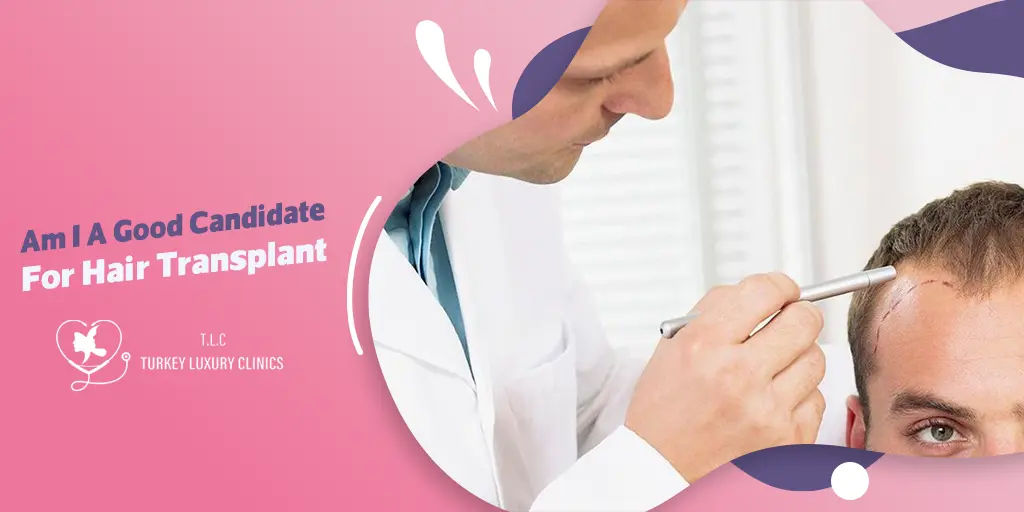





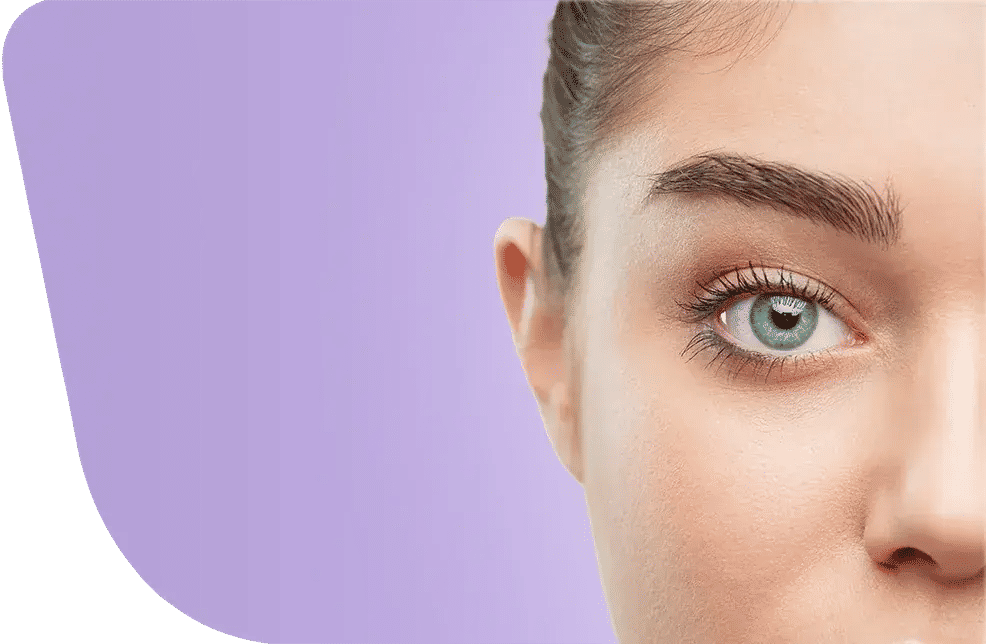
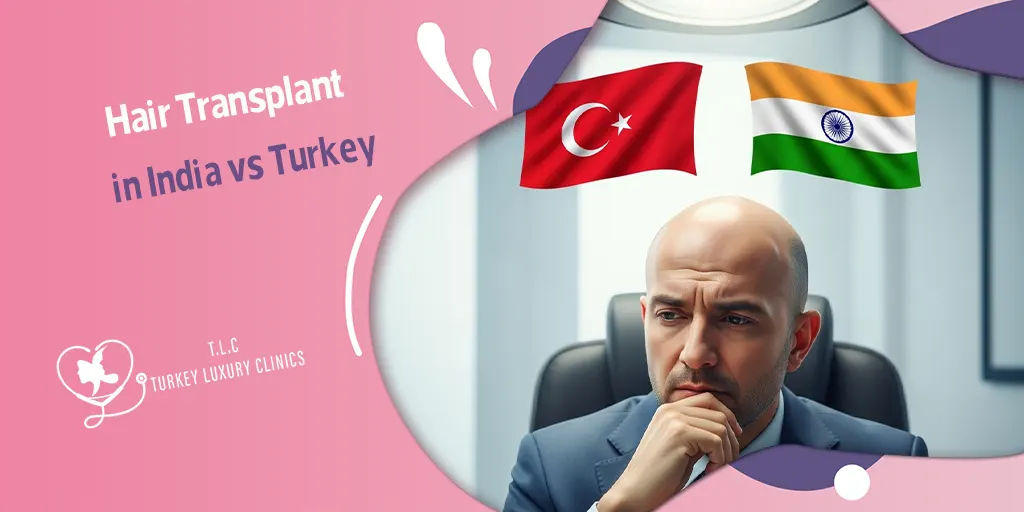
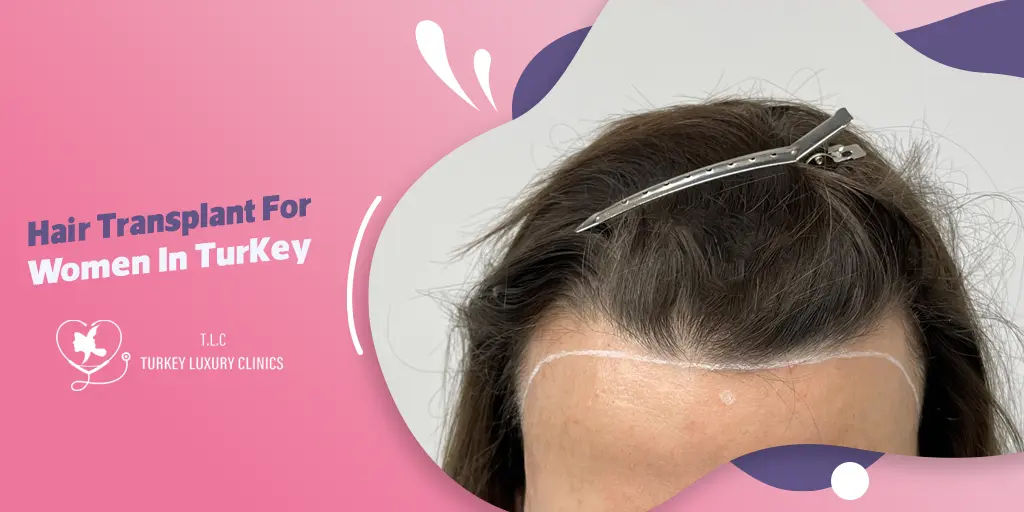
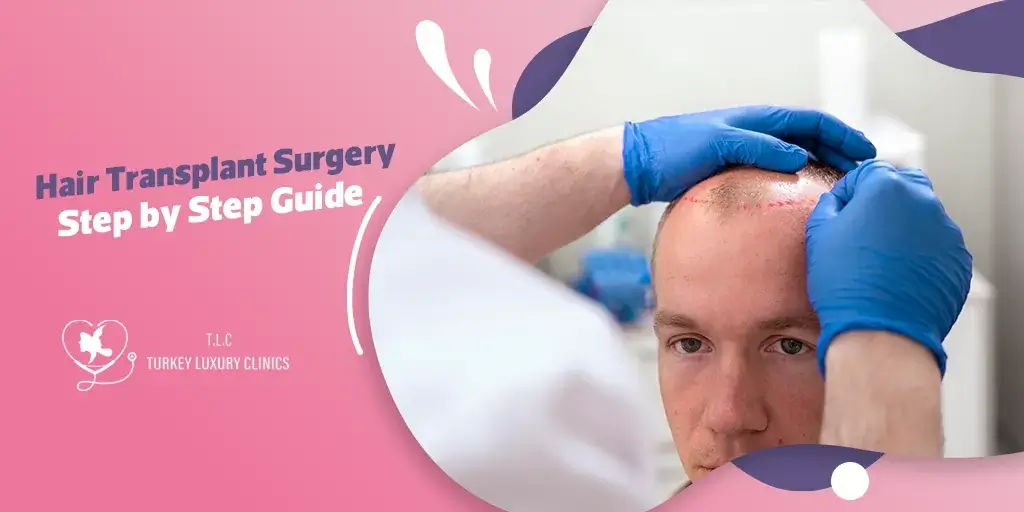



.webp)
.webp)
.webp)
.webp)

